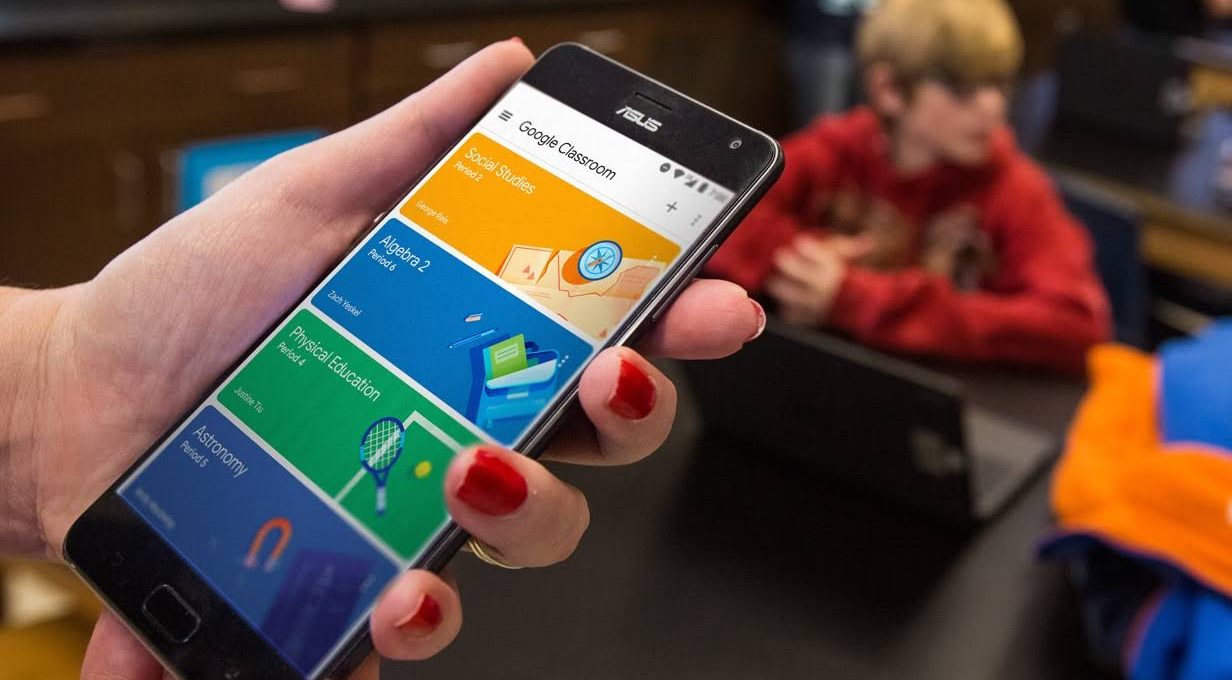Creative use of technology will save the university sector
Featuring Jon Faulkner (6bythree CEO).
Published www.techforgood.net – July 2020
Times are changing. The fallout from the COVID-19 pandemic affects every part of society and universities are no exception.
The sector has been long overdue for a shake-up and the current crisis has thrown its shortcomings into sharp focus. As we shift to a society that is more dependent than ever on technology to function, universities will need to collaborate with technology providers and change partners to really embrace digital and culture transformation in order to survive.
It has been clear for some time that there is a growing group of people in the UK who don’t want to study away from home for long periods. The campus-based degree is not for them and it is life-long learning that they are seeking. In order to provide that, the model that universities have been following almost since their inception will need to be radically overhauled with technology at its heart.
With a guaranteed income from overseas students no longer likely at least in the short term and research grants ever harder to come by, a mixture of traditional study and online, remote working will start to become the norm.
Technology for modular learning
There is an increasing demand for modular courses that you can slice in different ways and study from home. Today’s students want short courses to match career choices and this holds true for undergraduates as well as for older students who want to retrain.
Existing technology can easily be adapted for modular learning and there are many excellent programmes that can work well in the learning environment. Technology also offers a great levelling of the opportunities and opens education up more readily to people from all backgrounds. It is up to universities to engage with their communities, ask people what they need and use change agents to create digital transformation incorporating a new way of learning.
1. Online seminars and lectures
The likes of Zoom and Microsoft Teams can record sessions and provide good face-to-face online support for students, as has been shown by the private school sector during lockdown. It is clear that technology for remote learning is an issue that the UK government also sees as important. They have just announced a new initiative called Uni4me; an online hub offering virtual online and blended learning courses, online tuition and live events involving leading academics, students and specialist HE advisors. This is welcome news and I hope will kick start some much needed change.
2. Seminars and workshops
Collaborative technology like Google Classroom is a great way to organise assignments, collaborate and share documents alongside whiteboard tools like Miro which can be a great visual way of showing work and encourage greater interaction, helping to bring communities together. Advances in Moodle, BlackBoard and Canvas are helping to respond to technical capability as well as student and lecturer requirements and there are some excellent uses in the gaming industry of augmented reality.

3. Building communities
There are some interesting technologies that specialise in e collaboration and broader student support and wellbeing touchpoints including ExLibris CampusM, and CollabCo, as well as more established sites like Facebook groups, WhatsApp, Slack and LinkedIn. All of these can be used to build internal communities as well as more fruitful, broader connections alongside traditional face-to-face, and online seminars will continue to help to foster communities among student groups.
The key to fast change is collaboration. Universities need to be collaborating now with tech companies and gaming companies as well as cultural change partners to bring about digital change and to devise cutting edge modular online course options that are accessible to all at an affordable cost. The technology is there but there needs to be the willingness from the sector to make it happen. Those that are agile and adapt quickly are likely to be more successful.
Collaboration will be vital
Future learning will be more about the quality of the learning experience and how geared up universities are to teach remotely in an interesting way using different technologies. Those in the middle tier of the sector will need to adapt to survive and collaborate with the best that technology can provide as competition for students becomes more intense.
One area where middle-tier universities could differentiate strongly using technology is in the employability and wellness space. Although most universities currently pay lip service to this area, a lot more could be done.
The great thing here is that support and advancement can be provided not only by interpersonal face to face interventions but also well-designed digital tools for sharing knowledge and support information. There is much readily consumable content available across various types of digital media that can enable capability building, targeted challenge and warm encouragement. Universities need again to harness what is currently available and use it to really beef up this area of their offering.
The future
Universities of the future are likely to look very different. I expect that there will be a mixture of modular, remote and online learning coupled with a smaller amount of face-to-face interaction. Communities at university can already be built using existing tools like Slack, WhatsApp, Facebook groups and LinkedIn, and these are likely to remain at the heart of future student online interaction.
These relationships can be strengthened with face-to-face meetings over shorter time periods where students attend university for a term, or over a number of weekends throughout the year or for specific events. Combined with the best that technology companies can provide and strong collaborative partnerships with change agents to help bring about real systems transformation, it will be the institutions that really embrace this brave new world that will survive and thrive.

